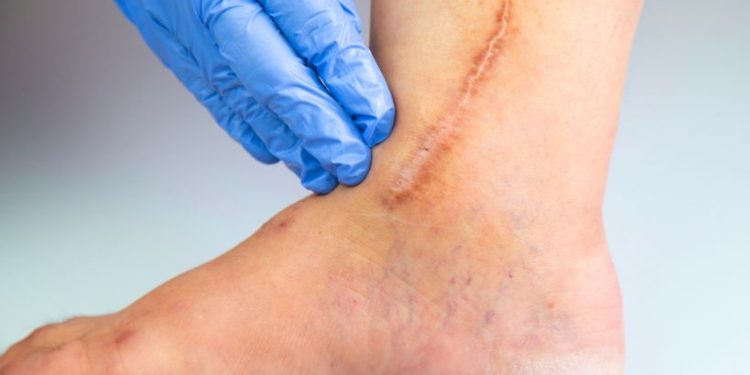Pain after surgery can be a significant concern for many patients. There are several different types of pain and a variety of treatments that can be used to help relieve them.
Postoperative pain symptoms vary from person to person and can also differ depending on the type of surgery that was performed and how invasive it was. Some pain symptoms can be temporary and last less than a year while others may be more chronic and last longer.
Symptoms can include stabbing, sharp, burning, throbbing, or generalized pain that affects the entire body after a procedure. It can also be accompanied by nausea, vomiting, itching, and drowsiness.
Your surgeon and anesthesiologist will work with you to determine the best way to manage your pain after surgery. They will review your medical history, laboratory tests and physical exam. They will recommend a specific plan for your pain management and make recommendations about the types of medicines and nonmedication techniques that can be effective in relieving your pain.
Common drugs for postoperative pain are opioids (narcotics), acetaminophen, and nonsteroidal anti-inflammatory drugs (NSAIDs). Narcotics can be administered as pills or given as an injection. NSAIDs are typically used alone to manage moderate to severe pain, or in combination with opioids for mild to moderate pain.
Opioids are very effective for managing pain after surgery. However, if you take too much of these medications they can lead to addiction and other problems.

During the recovery period after your surgery, you’ll receive oral pain medications from your nurse to take as needed. If your medication isn’t helping you, don’t hesitate to ask for additional medicine. Your nurse can give you more of the medicine right away, or you can request to have it refilled.
In most cases, you’ll be able to get oral medications as often as every four hours. It’s important to take your pain medications as prescribed by the doctor and to report any changes in your pain level.
If you’re taking a combination of prescription and over-the-counter medicines, be sure to discuss the combination with your doctor. Some medications, like ibuprofen, have the potential to interact with other medicines you’re taking.
Nonsteroidal anti-inflammatory drugs, such as ibuprofen, can reduce swelling and reduce the amount of pain you feel. NSAIDs can be given by mouth or by suppository. You can also use heat pads, ice packs, and other nonmedication alternatives to help with your pain or swelling.
Neuropathic pain is a type of pain that’s attributed to nerve damage after surgery. Studies show that people who experience neuropathic pain after surgery are more likely to develop chronic pain in the future than people without neuropathic pain.
The risk of developing chronic pain after surgery can be decreased by avoiding or managing your acute pain during the first few days after your surgery. You can also help prevent chronic pain by limiting the time between surgeries and by following your surgeon’s instructions to ensure that you heal quickly and effectively.









